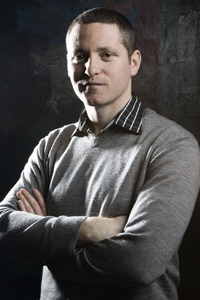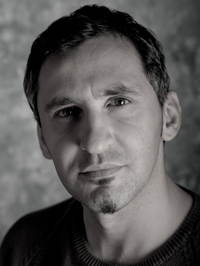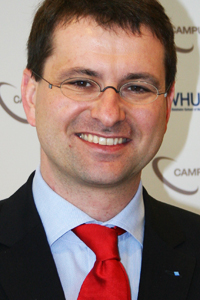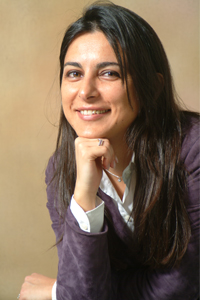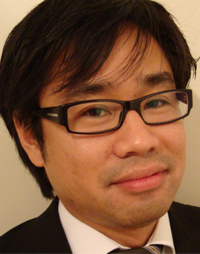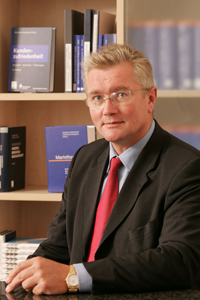As admissions season gears up for 2012, we get back to our ongoing series of interviews with MBA admissions directors. This time, we speak to Lee Milligan, admissions director of the full-time MBA program at Copenhagen Business School.
Copenhagen Business School has 48 full-time MBA students from 24 different countries. How does maintaining this diversity affect MBA admissions decisions? Do you cap admissions from certain countries?
We don’t have any specific caps, but we try to make the program as international as possible, while also trying to maintain the quality of the students. I guess it is a bit of a balancing act. There’s no specific group to whom we would say there’s only a specific number of students.
Do you ever see major spikes in terms of the number of applicants from specific countries?
It really varies from year to year. The more I’m in this job, the more I think it has a great deal to do with economic conditions in the world.
If you look at Germany, for example, two years ago, when the economy was going down, if you went to an MBA fair, for example in Frankfurt, it was absolutely packed. Last year, when suddenly jobs were more readily available, the fairs were extremely quiet. I think it has to do with economic conditions in specific parts of the world and that there is a link with the number of applications from specific regions.
